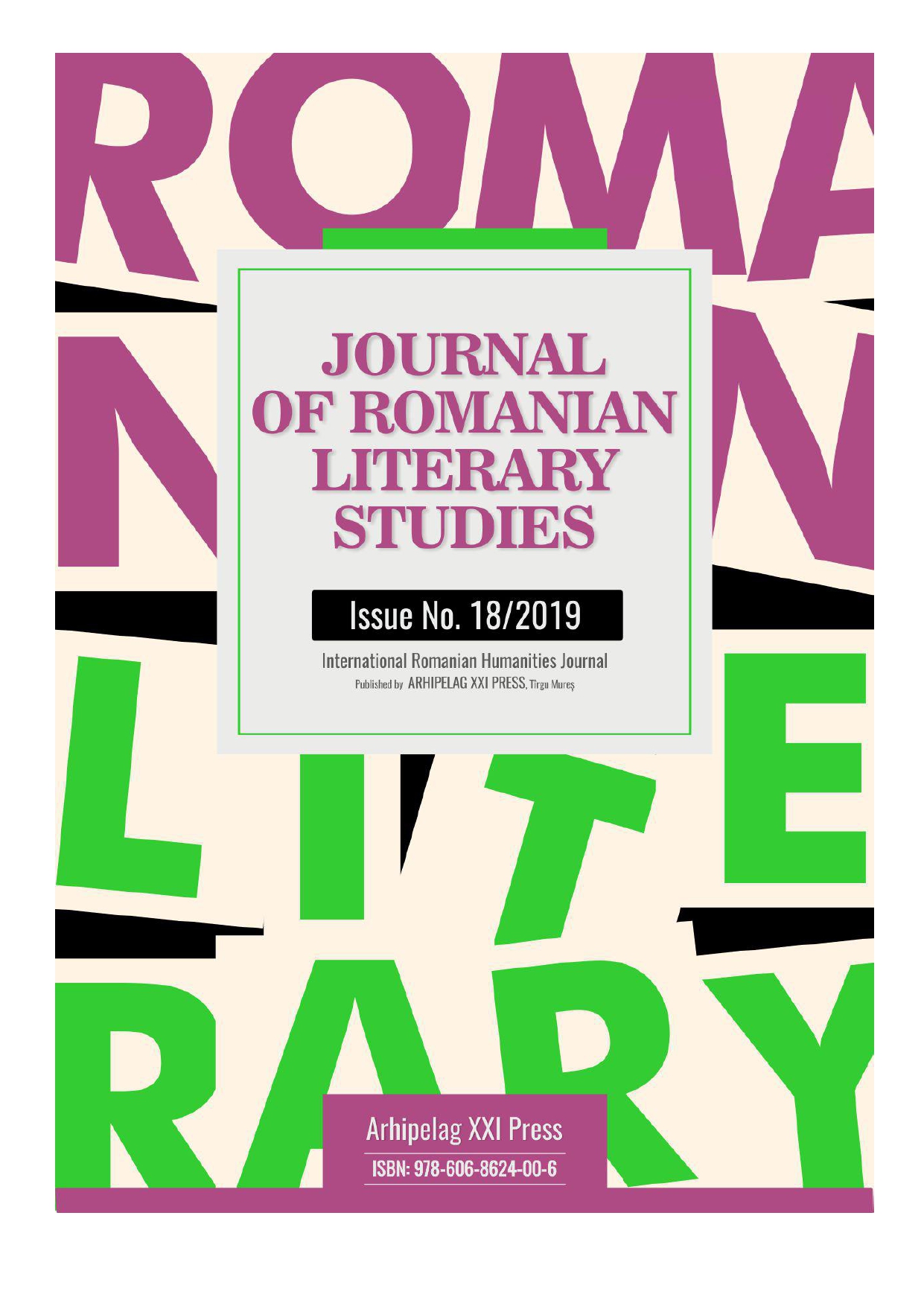
THE TEACHINGS OF NEAGOE BASARAB TO HIS SON THEODOSIUS AD USUM DELPHINI LITERARY WORK
The illustrious voivode Neagoe Basarab, among his many cultural concerns, left the posterity a true written policy treaty written to educate the young aspirant to the throne, according to the "Ad Usum Delphini" model, but removing the pejorative connotation of the work being purged. The main theme is that of the Prince who is seen as a human person to whom faith is required in God, righteous judgment, mercy towards the submisses, wisdom, temperance, restraint, gentleness, pure soul. In conclusion is the portrait of the Christian prince in the vision of Neagoe Basarab, a portrait also identified in the sacred texts of mankind, representing a synthesis of the Orthodox culture of time, a corpus of popular and religious culture.
More...